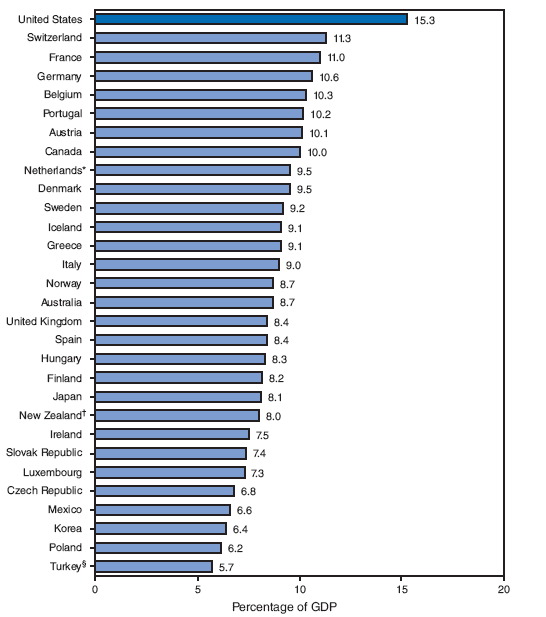sangha
Senior Member
- Jun 1, 2010
- 5,997
- 179
- 48
And please don't lie. I never said the french spend less of their income on health care. I merely asked you to prove your dishonest claim.
For the last time. I am willing to objectively discuss alternative numbers when some objective evidence shows they are significnalty incorrect. I can only tell you what I found. And article after article claims essentially that a percentage of this demographic or that demographic pays more than 10% of their income on health care. Now I ask you, if that is all the information we have what do you believe it is reasonable to estimate the avg. americans percent of income spent on health care is?
What I don't get about about a lot of discussions on this board is why people like you are incapable of an objective conversation. That's all I'm waiting for. If I'm just way off base on my estimate I am more than happy to objectively discuss alternatives. Again all you seem interested in is this immature game of gotcha.
P.S. You have yet to refute the argument that the French system is unsustainable.
"For the last time. I am willing to objectively discuss alternative numbers when some objective evidence shows they are significnalty incorrect"
I am willing to let you worship me as a God until you post objective evidence that I am not God.
And article after article claims essentially that a percentage of this demographic or that demographic pays more than 10% of their income on health care.
Translation - after Bern accuses me of obsessing over this issue, Bern hypocritically and obsessively tries to get me to talk about his "guestimates"
If I'm just way off base on my estimate I am more than happy to objectively discuss alternatives
If I am way off base about my being God, I am more than happy to objectively discuss any objective evidence you have to the contrary.
But until you can provide evidence that I am not God, we should assume that I am God.


